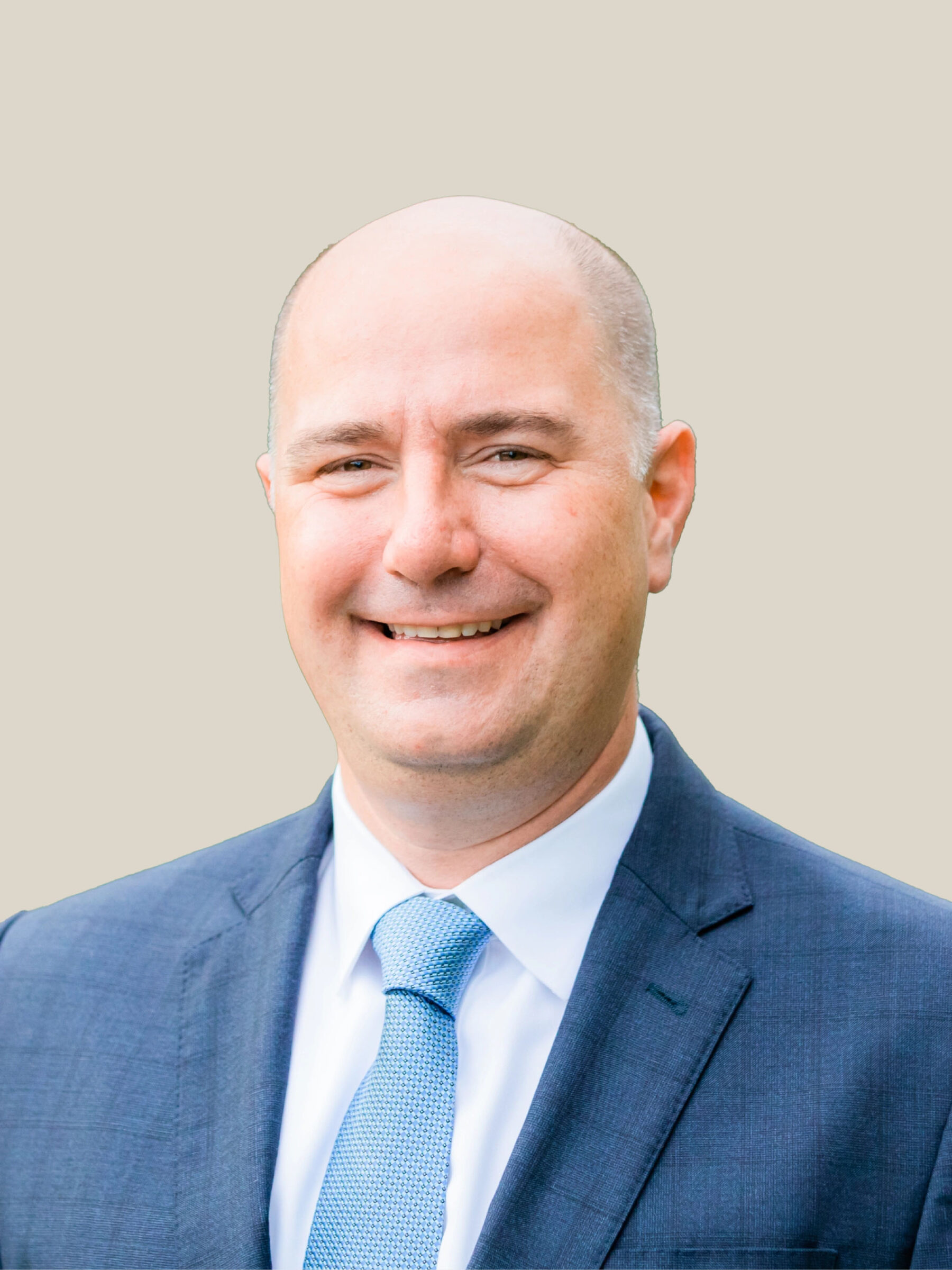
Reese Veltenaar is the CEO and Managing Partner of Acumen Wealth Advisors. He provides strategic direction, leadership, and oversight for the company, guiding its vision, mission, and long-term goals. Reese focuses on fostering excellence and innovation while upholding exceptional client service and a strong commitment to fiduciary responsibility. Reese founded Acumen Wealth Advisors in response to the growing need for innovative and transparent client-centric asset management integrated with financial planning.
Reese serves as a member of Acumen’s executive leadership team and Portfolio Management Committee (PMC). The PMC is responsible for overseeing strategic and tactical asset allocation and portfolio investment decisions. As a Certified Financial Planner (CFP®) and with a background in accounting, Reese assembles financial plans and monitors changes as clients’ lives progress, helping them achieve their long- and short-term financial goals. He addresses investment strategies, estate planning considerations, risk management through insurance, tax efficiency strategies, charitable intent, and retirement accumulation and distribution tactics. Reese’s approach prioritizes listening, thorough communication, and fostering engagement to ensure clients feel valued and informed.
Reese holds a Bachelor of Science in Finance with a Minor in Economics from the University of Florida (UF) and a Master of Science in Accounting from the University of Tennessee at Chattanooga (UTC). He also holds an International Baccalaureate (IB) degree, a life insurance license, and is a Certified Trust and Financial Advisor (CTFA) as well as an honors graduate of Cannon Trust School. Prior to founding Acumen, Reese served as Vice President and Relationship Manager for Trust and Private Banking at Regions Bank for ten years.
Reese’s dedication for charitable planning is evident in his six years of service as a Hospice of Chattanooga Foundation Board Member, including two years as Chairman of the Board. He currently serves as a Trustee and Chair of the Investment Committee for the Hunter Museum of American Art. Additionally, Reese is a member of the Student Managed Investment Learning Experience (SMILE) Fund Advisory Board for the University of Tennessee at Chattanooga’s College of Business and a member of the Chattanooga Estate Planning Council.
“Success isn’t just about what you accomplish in your life;
Unknown
it’s about what you inspire others to do.”
The Certified Financial Planner (CFP®) certification is obtained by completing an advanced college-level course addressing the financial planning subject areas the CFP board’s studies have determined as necessary for the competent and professional delivery of financial planning services, a comprehensive certification exam (administered in ten hours over a two-day period) and agreeing to be bound by the CFP board’s standard of professional conduct. As a prerequisite, the IAR (Investment Adviser Representative) must have a bachelor’s degree from a regionally accredited United States college or university (or foreign university equivalent) and have at least three years of full-time financial planning experience (or equivalent measured at 2,000 hours per year). This designation requires 30 hours of continuing education every two years and renewing an agreement to be bound by the standards of professional conduct.
The Certified Trust and Financial Advisor (CTFA) certification is obtained by successfully completing an exam administered by the American Bankers Association (ABA) Institute of Certified Bankers (ICB). As a prerequisite to sit for the exam, individuals must meet one of the following requirements: three years of wealth management experience and complete an ICB-approved training program; or have five years of wealth management experience and a bachelor’s degree; or ten years of wealth management experience. Wealth Management Experience is defined as direct client contact in the various facets of delivering financial planning and fiduciary services relating to trusts, estates, IRAs, and individual asset management accounts. This designation requires 45 continuing education credits every three years with a minimum of six hours in each of the four knowledge areas. The Cannon Trust School program is designed to facilitate the planning, implementation and administration of complex trusts including gift and estate taxes, advanced generation skipping, fiduciary income tax, and split interest and charitable trusts.